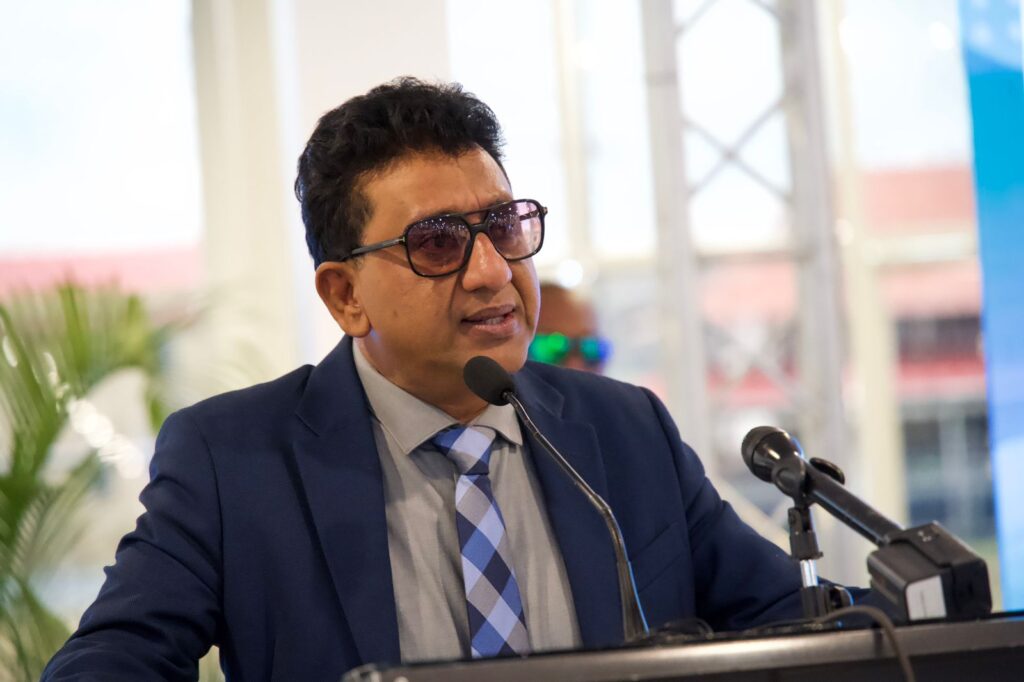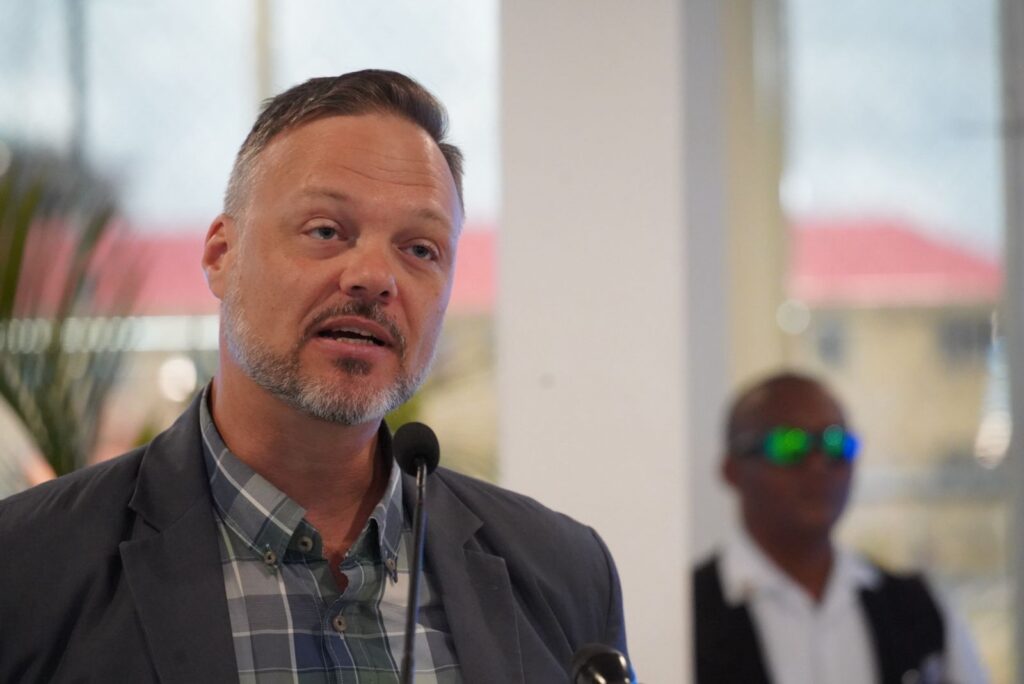
Persons being trained to resolve wrongdoings outside of court, secure compensation
As the Government of Guyana advances its restorative justice program, the first cohort of citizens began training Monday to become practitioners with responsibilities similar to those of probation officers but with an expanded focus on resolving issues outside of court and seeking compensation for victims.
This aspect of expanding the restorative justice program, adds to a range of alternative dispute mechanisms such as mediation, arbitration and plea bargaining.
For the past three years, the government has been developing its capacity for restorative justice with the IDB-funded Support for the Criminal Justice System Project. With that project now completed, advancing restorative justice is now being fully financed by the government of Guyana but with support from bilateral partners.
With the Canadians on board, over the next two weeks, roughly 25 persons will undergo intense training by a Canadian expert for mediation and restorative justice – Alan Howard.
He said the next two weeks will be used to instill resolutions using many practical scenarios.
Already, teachers, religious leaders, Toshaos and other persons deemed leaders or influencers in their communities received similar training.
The difference now is that these practitioners will be duly certified and placed to work in probation offices in each administrative region.
There is a central restorative justice center in Georgetown but with limited financing, the Ministry of Legal Affairs was forced to collaborate with the Ministry of Human Services and Social Security to have these persons work alongside probation officers.

“If successful… a perennial [recurring] problem is permanently solved,” Attorney General Anil Nandlall said during the opening of the training on Monday.
He, just like Chancellor of the Judiciary (ag) Yonnette Cummings-Edwards observed the important role restorative justice can play in reducing recidivism.
“There are so many benefits for society, individuals and the judiciary,” the Chancellor said as the spotlighted the benefits the legal community will enjoy such as a lighter caseload which also means a reduction in overcrowding in the prisons.

Meanwhile, Head of Cooperation at the Canadian High Commission in Georgetown, Adam Loyer was in high praises for the government’s commitment to continuing the project even after the IDB funding had dried up.

Orin Boston replaces former Police Commissioner Seelall Persaud as the Director of the centre and said in the coming months, his team will work on putting together the Standard Operating Procedures for the practitioners to use as their guide.
He along with Nandlall thanked Persaud for his leadership and for ensuring a smooth transition.




